Contact training ‘a potential killer’, US scientist warns
A leading concussion expert has told the AFL to ‘pull its head out of the sand’ and implement key recommendations from coroner’s report.
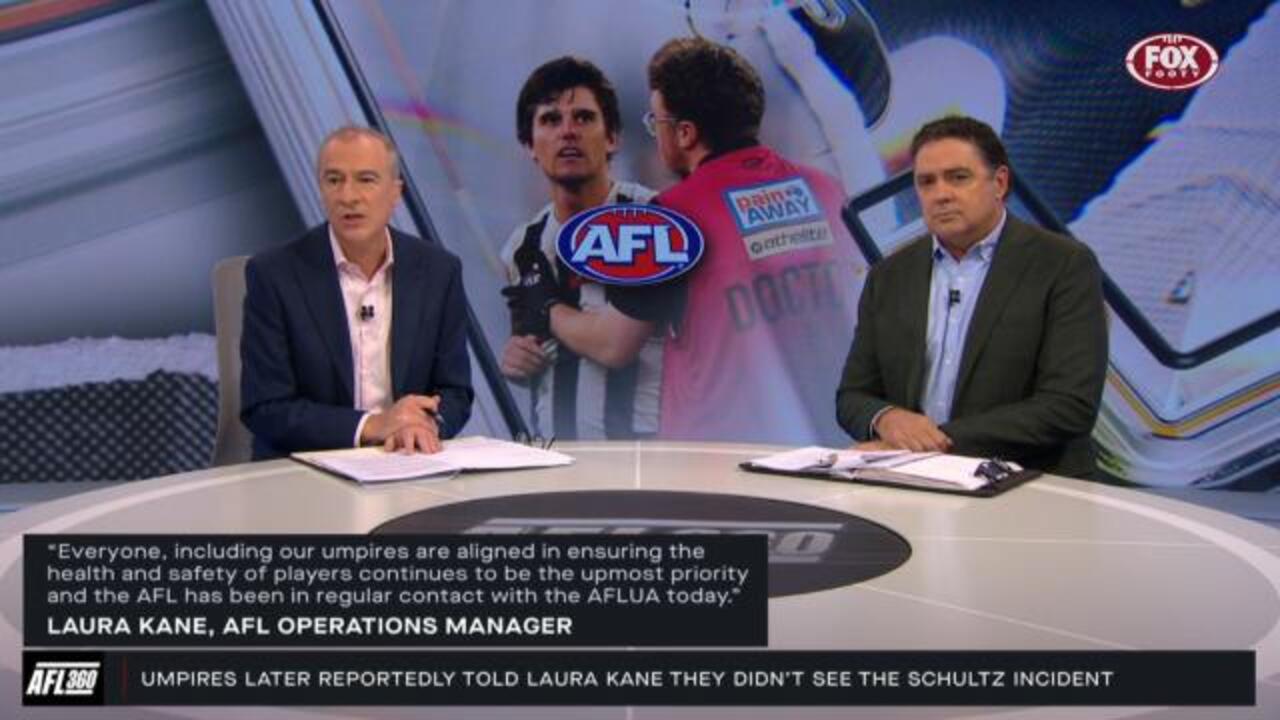
The AFL has been urged to “get its head out of the sand” and immediately eliminate unnecessary full contact training to make the game safer.
The call follows the publication of a new scientific paper by 22 brain injury experts – including the chief medical officer of the NFL Dr Allen Sills and Dr Grant Iverson, a scientific adviser to the NRL – which calls on sports to dramatically cut back contact training sessions.
Dr Bob Cantu from Boston University said the scientists agreed that reducing contact training was “probably the single biggest way” to reduce the risk of a player developing chronic long-term problems, such as post-concussion syndrome, cognitive impairment, or CTE.
“There is a critical body of knowledge now that repetitive head injury leads to problems, and it’s enough knowledge we have to act on now,” he said.
The statement, published in the Journal of Injury, Function and Rehabilitation is significant because for the first time warring sides in the CTE debate have unanimously agreed on practical steps to reduce unnecessary repeated head trauma in the game.
“We don’t know how much head trauma is necessary to produce CTE … but the important message is that repetitive head trauma is not good for your brain and can lead to an early onset of cognitive and emotional and behavioural issues, and in extreme cases can lead to CTE.”
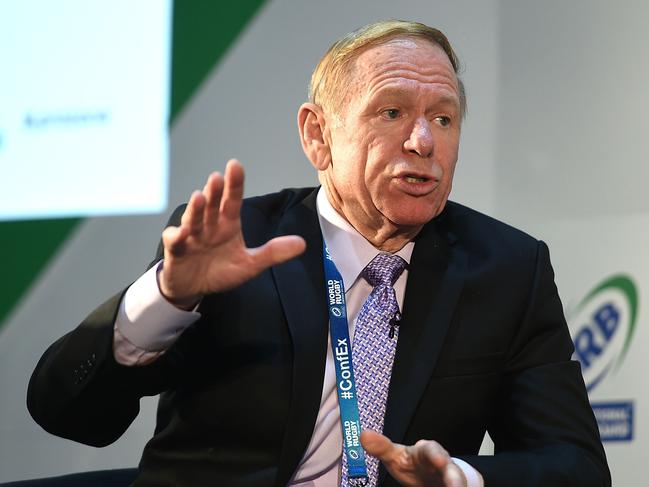
The NFL was “leading the way” and had sponsored the statement, Dr Cantu said.
“They used to have full contact practice banging heads for two hours a day, three or four times a week, and then play a game on Sunday, but now once the season starts in September until when the Super Bowl is played in February, there can only be 14 full contact training sessions.”
“The amount of head trauma the players are now taking is a fraction of what it was before the severe restrictions.”
While the statement is applicable to all Australian contact sports, including rugby union, rugby league, mixed martial arts and lacrosse, Dr Cantu took aim at the AFL for failing to heed the recommendations of the Victorian coroner in 2023 who called on the AFL to reduce contact training in the AFL/AFLW from 2025.
The coroner made 13 recommendations to the AFL to make the game safer, following the inquest into the death of former AFL player Shane Tuck who played 173 games between 2003 and 2013.
Tuck took his own life in July 2020, aged 38, after a long battle with mental illness. He was diagnosed at post-mortem with severe CTE. Coroner John Cain Jnr said the AFL should reduce contact training sessions in the AFL/AFLW off season, pre-season and during the season by the start of 2025.
The coroner accepted evidence CTE was “most closely correlated not with the number of concussions sustained but rather with the amount of repetitive head trauma someone has accumulated”.

However, the AFL disagreed, telling the coroner it would do so “if it was deemed appropriate”. Similarly, the NRL has resisted repeated calls by the Players Association to reduce contact training.
Dr Cantu, the coroner’s sole expert witness in the Tuck inquest, criticised the AFL’s failure to address repeated head injuries in its protocols, calling it a “missed opportunity”. The league’s chief medical officer, Dr Michael Makdissi, described Dr Cantu’s criticisms as a “narrow construction” of AFL’s concussion policies.
Dr Cantu said “nobody in their right mind” believed repeated head injury was a “good idea” and the AFL should “get its head out of the sand and get on with it”.
Dr Cantu said the NFL was leading the way because their legal woes were behind them having already settled a class action by more than 4000 former players. Since then, the NFL has paid out more than $1.4bn for players suffering severe cognitive problems, Alzheimer’s disease, Parkinson’s disease, motor neurone disease, and CTE.
The AFL is currently facing a class action by more than 100 players, alleging the league misled them on the dangers of repeated head injury.
Dr Cantu said codes, facing similar suits were defending their positions and “afraid of admitting to the fact participation in their particular sport can lead to permanent brain damage”.
“The NFL have already had their lawsuit and because they have a settlement in place they are kind of immune from all that. It’s better that they kind of take the lead and admit repeated head trauma is bad and we are doing everything we can to minimise and reduce it,” he said.
On Wednesday, the AFL and the AFL players Association announced the addition of a Severe Injury Benefit to its existing Hardship fund with $56m allocated to players suffering brain injury.
AFL CEO Andrew Dillon described the package as “enhanced support … in the best way we can”.
“The introduction of the Severe Injury benefit will now provide substantial assistance to all former players or their families most severely impacted by injuries sustained in their playing careers,” Mr Dillon said in a statement that was published on the AFL’s website.
Dr Cantu warned that ignoring this call in Australian contact sports could lead to more cases of chronic brain damage from repeated head injuries.
The AFL did not respond to requests for comment.


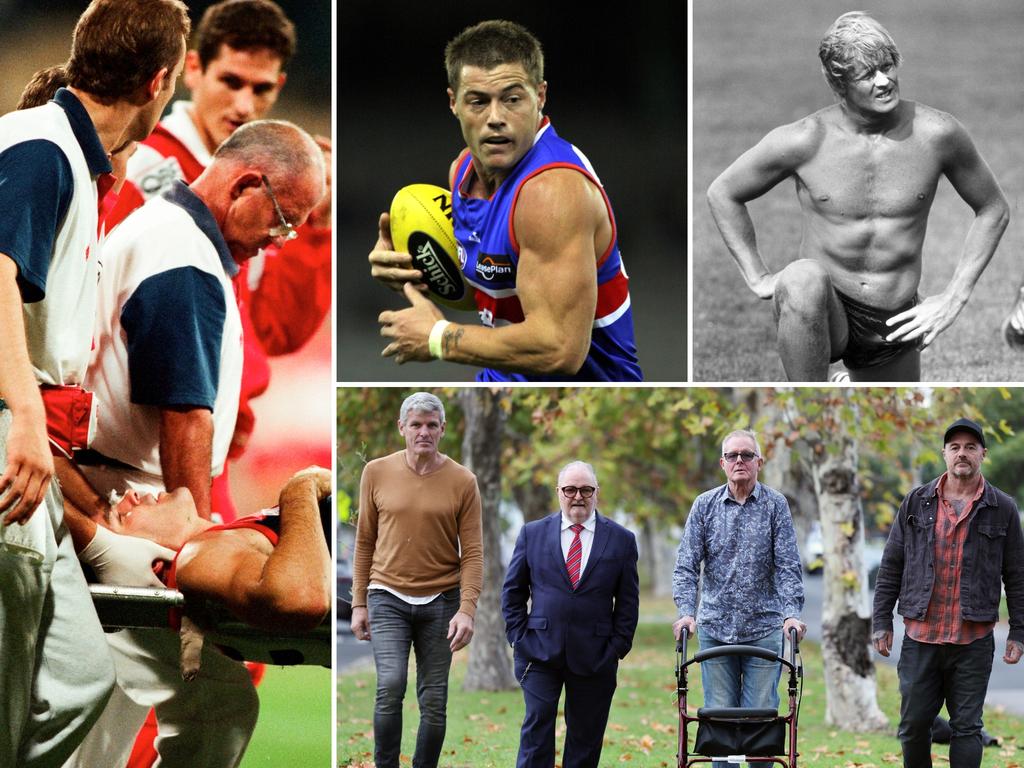

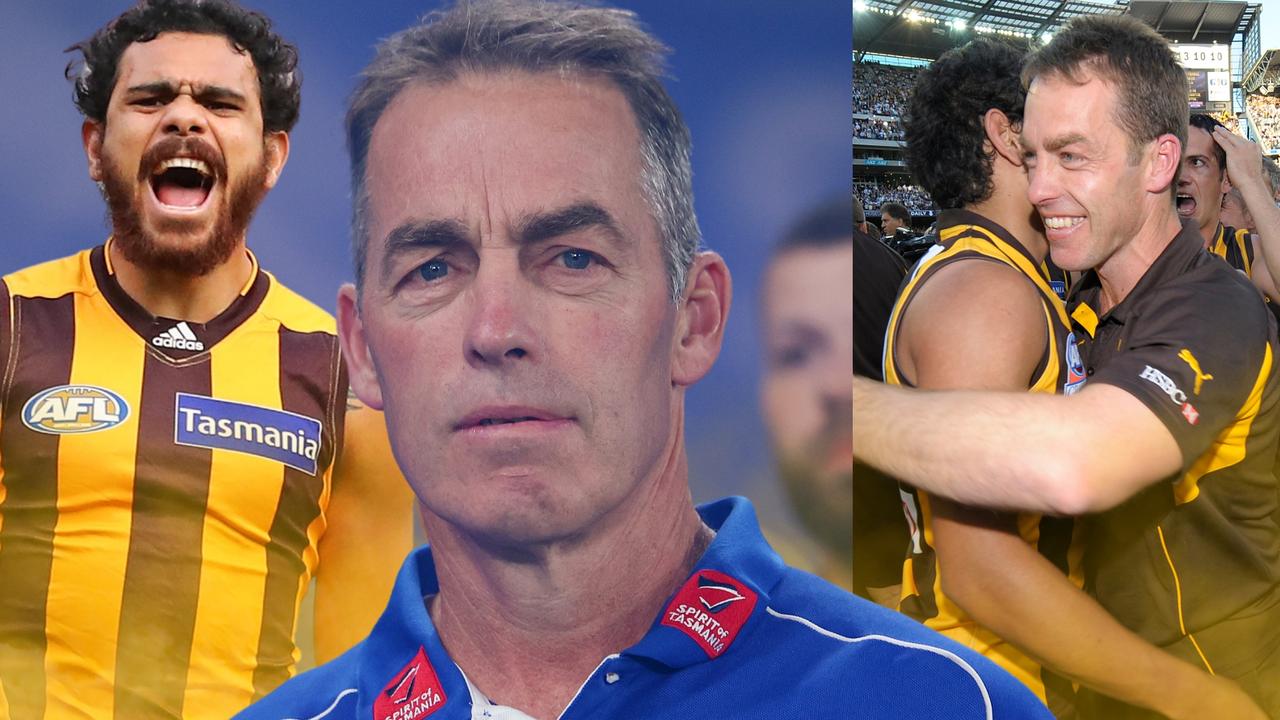
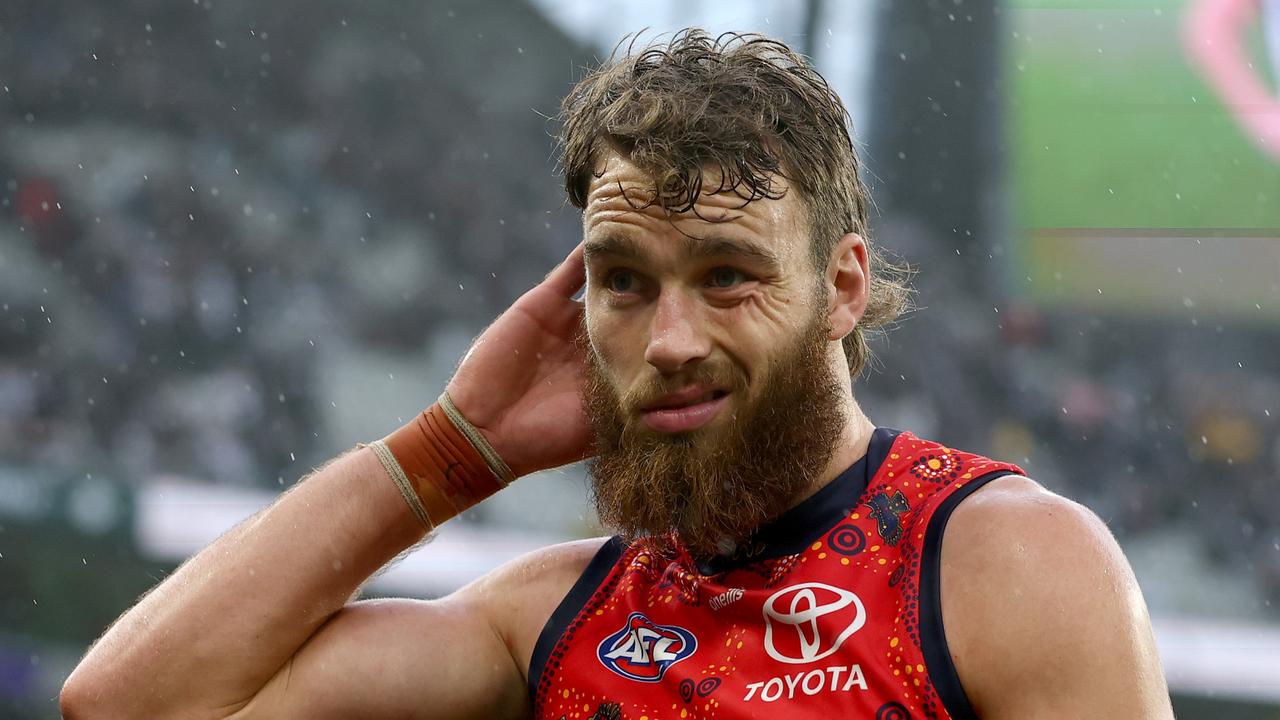
To join the conversation, please log in. Don't have an account? Register
Join the conversation, you are commenting as Logout